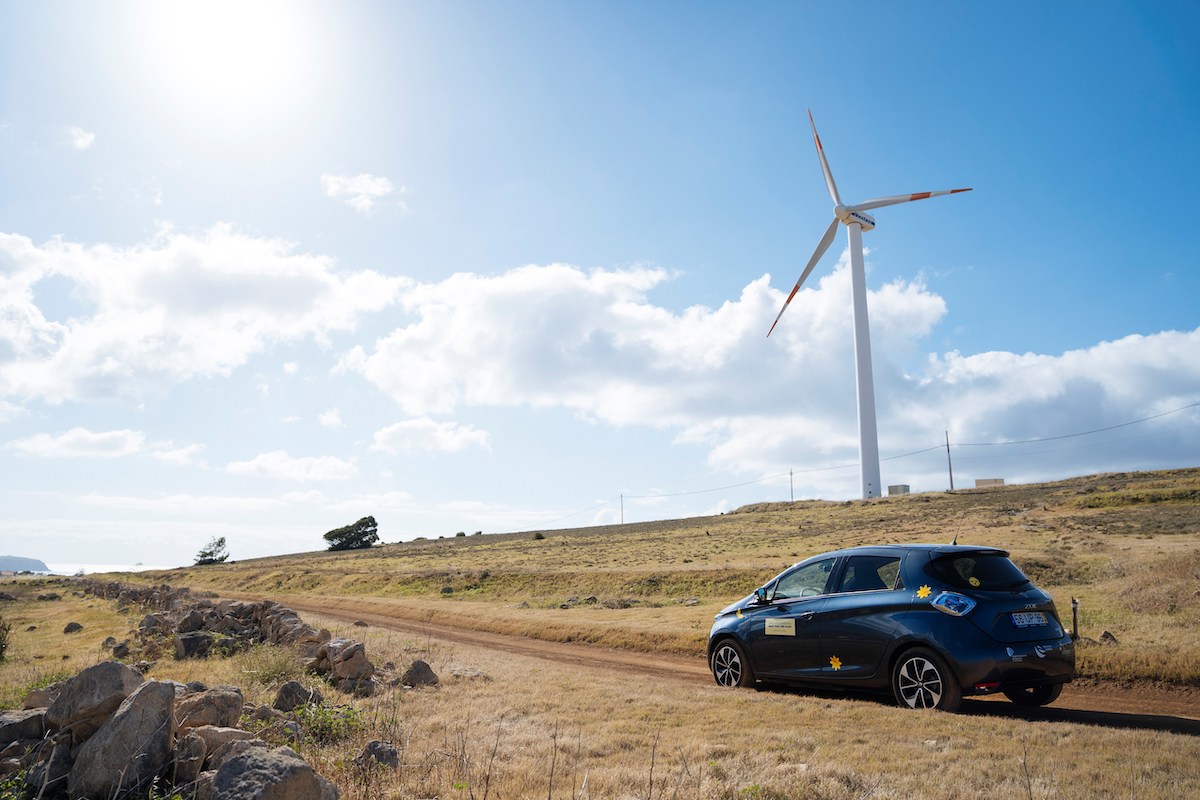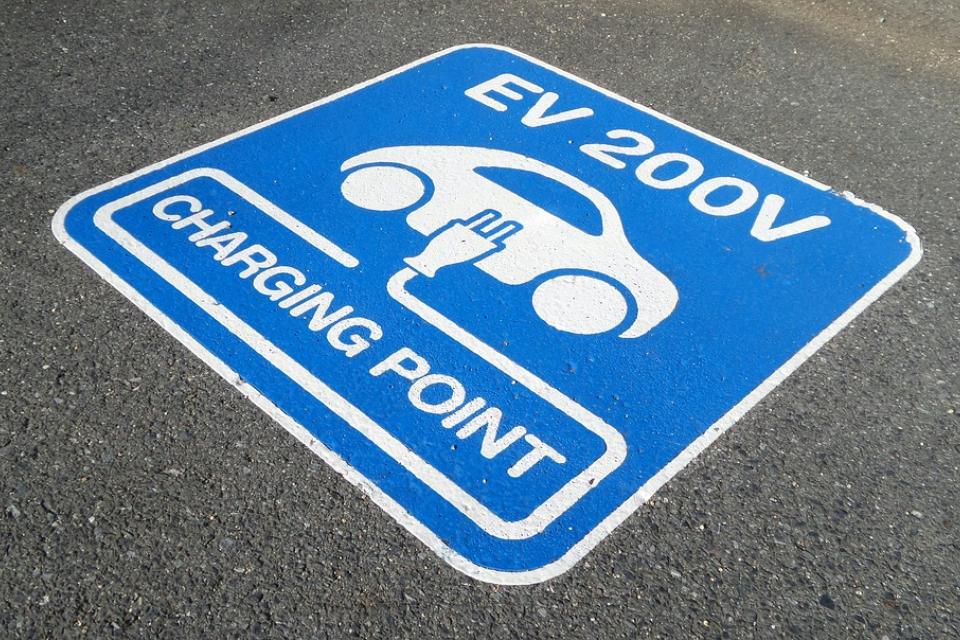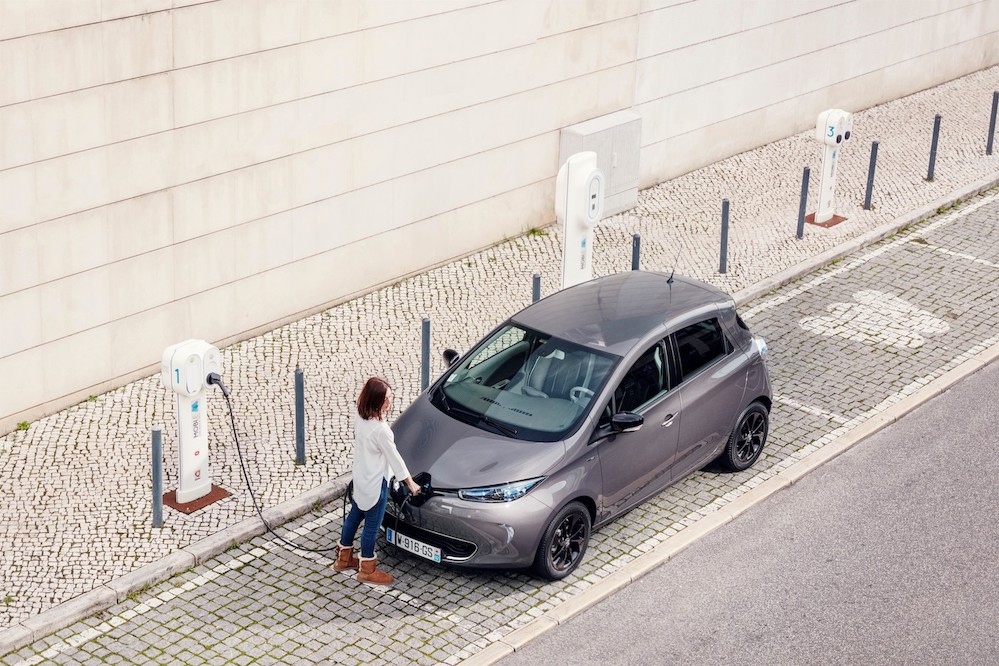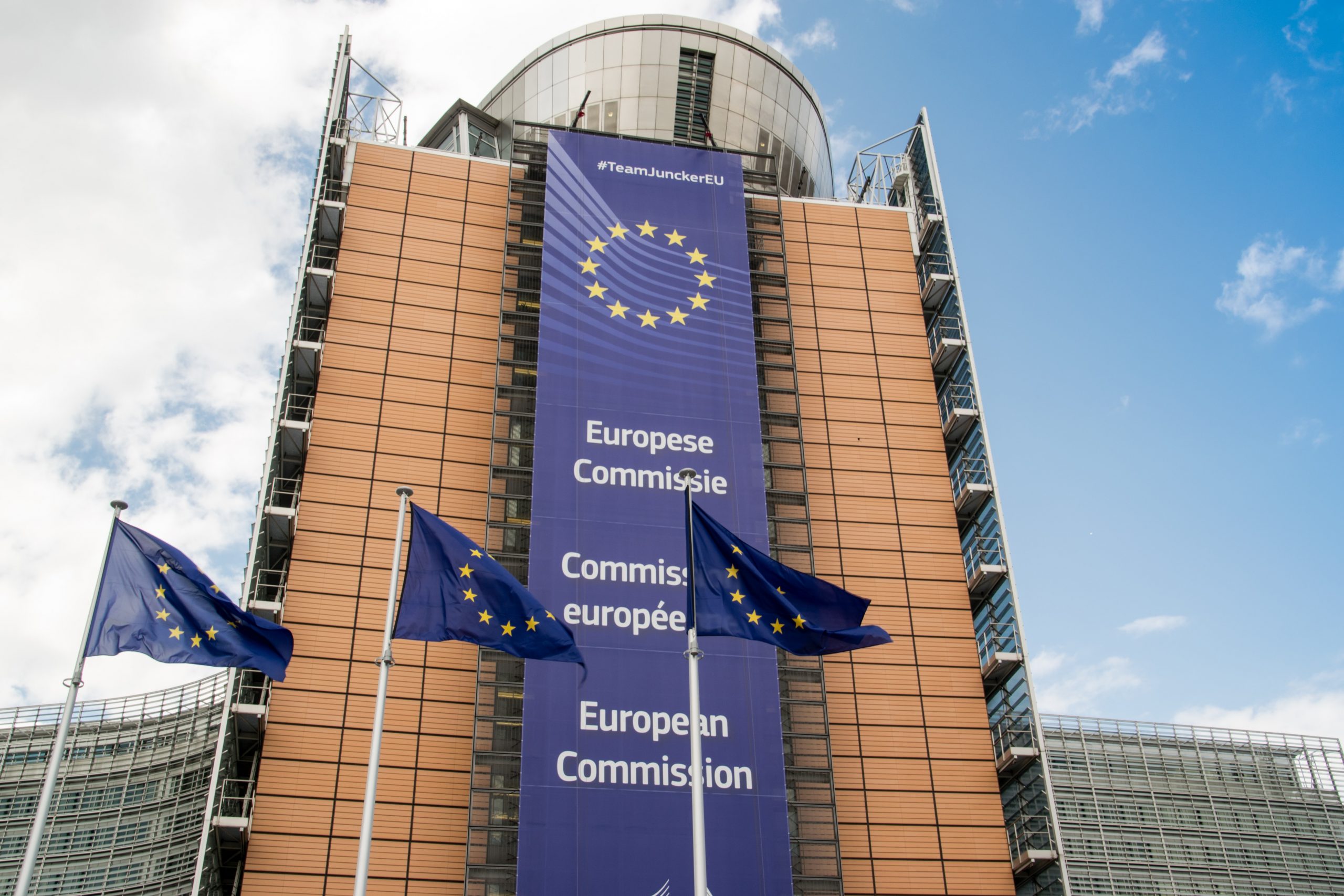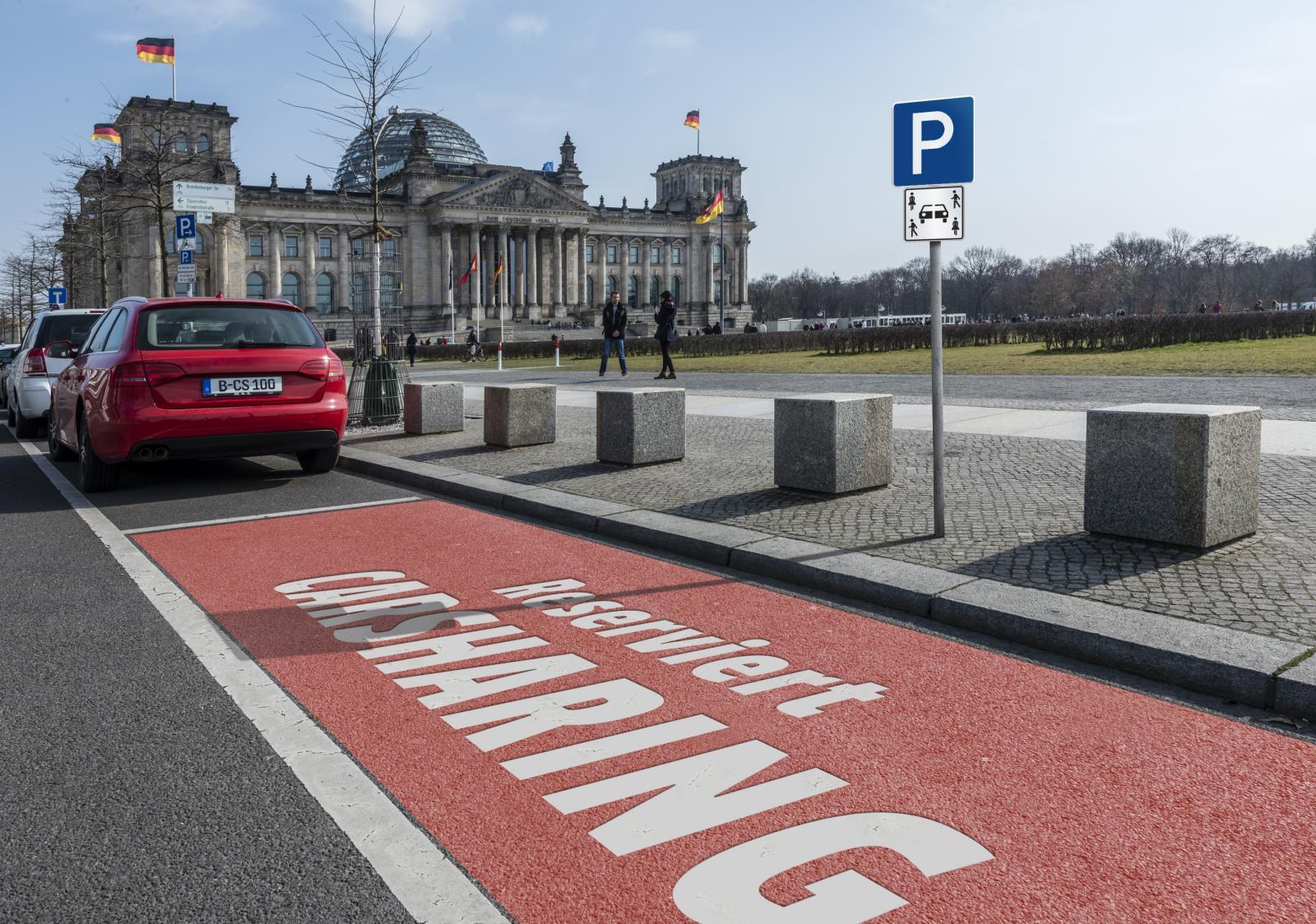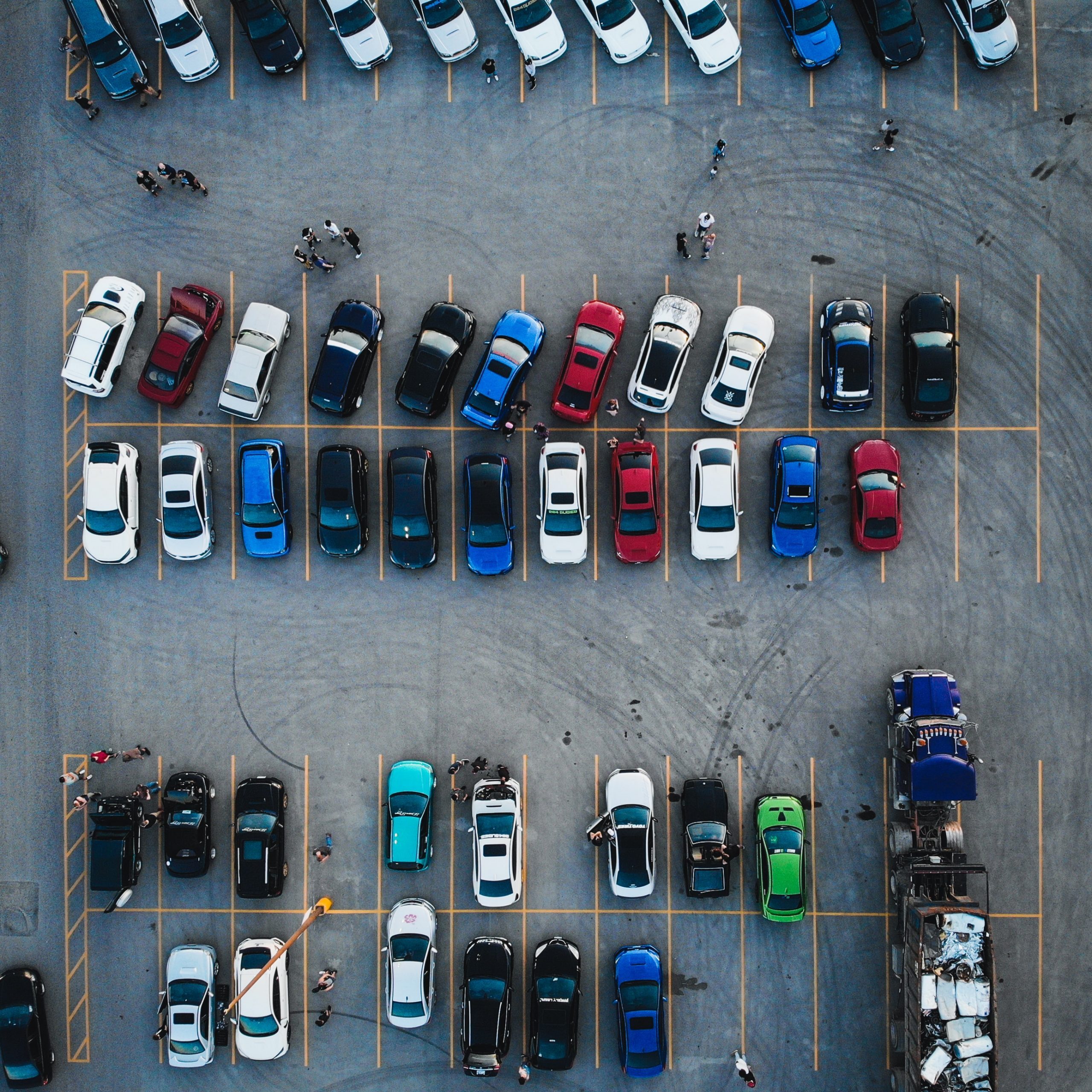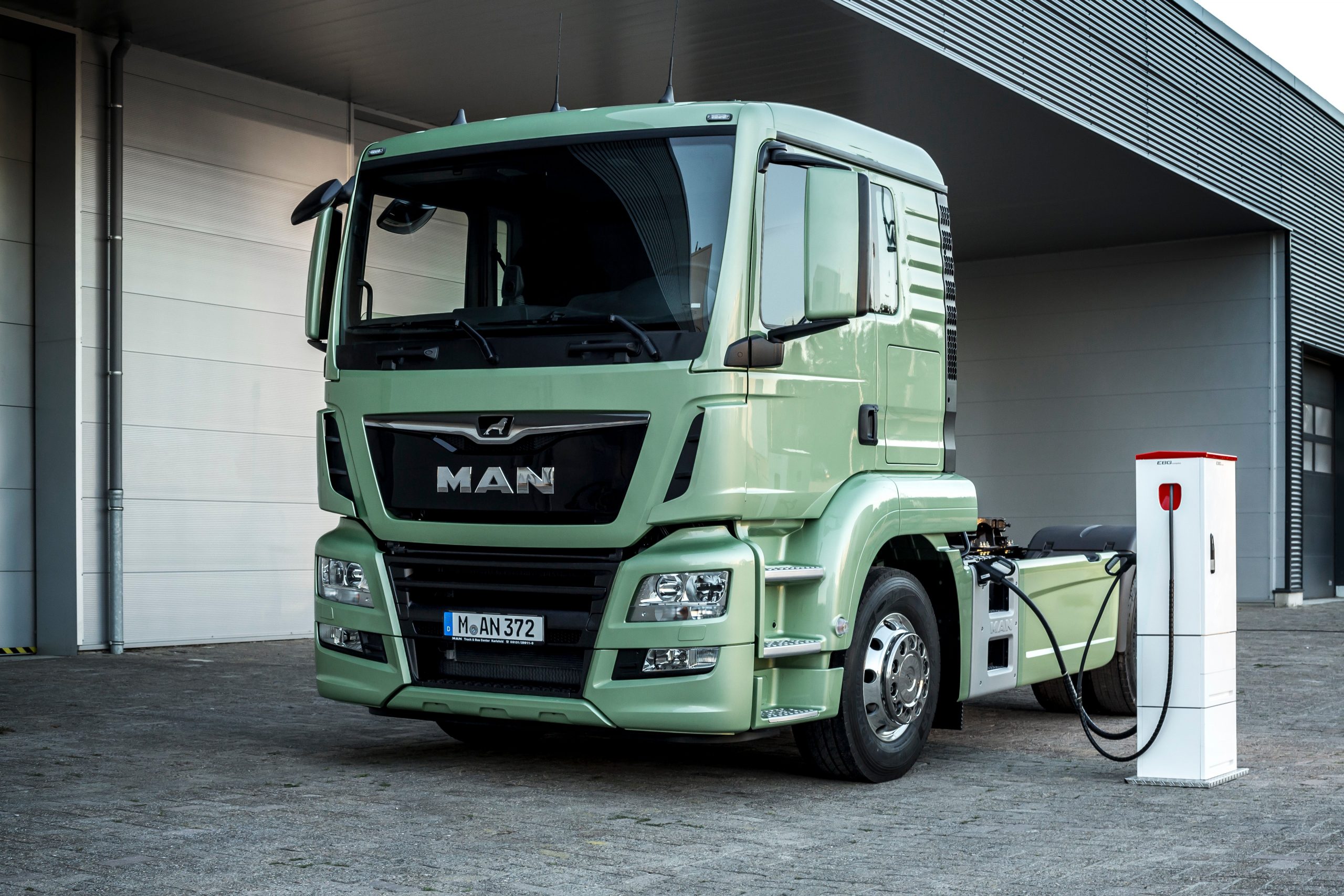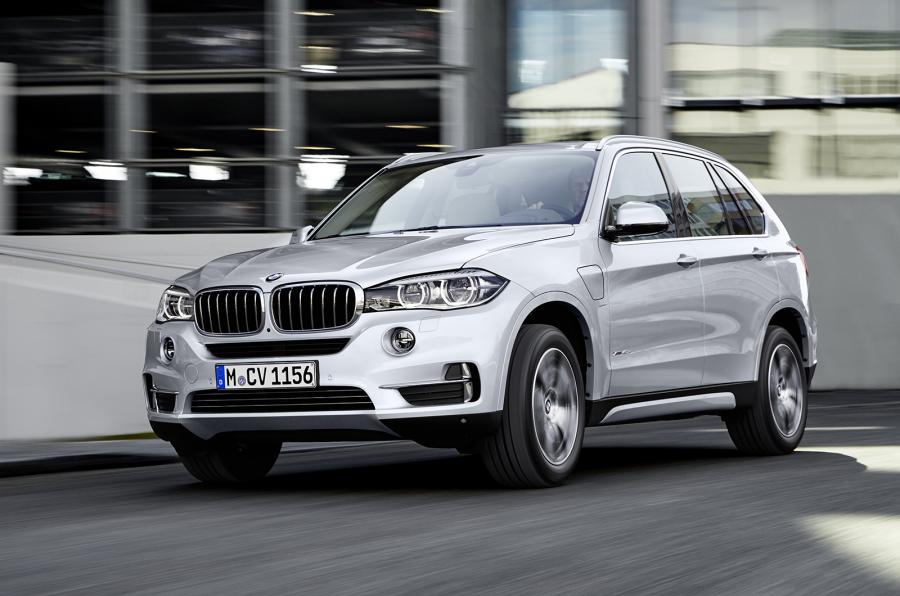Billions could be saved if governments embrace ‘smart charging’
The switch to electric vehicles could save EU member states billions of euros, but only if governments make space for ‘smart charging’ and Europe embraces the potential of recycling. These are the conclusions of a report commissioned by T&E and others, and amount to the latest in a series of calls for Europe to make the most of the e-vehicle revolution or risk losing out to other parts of the world.
